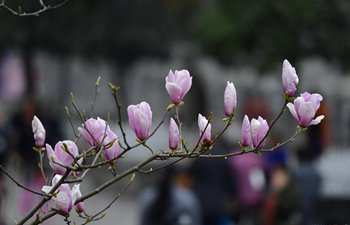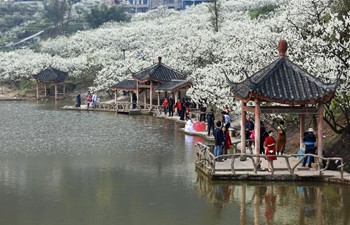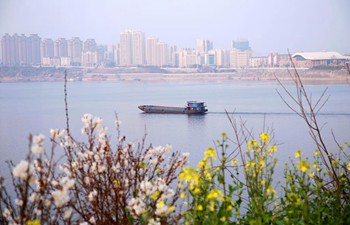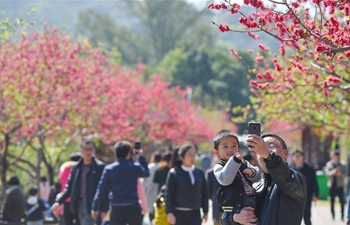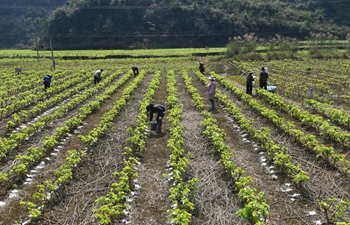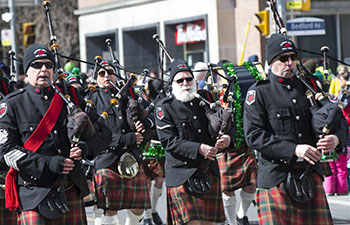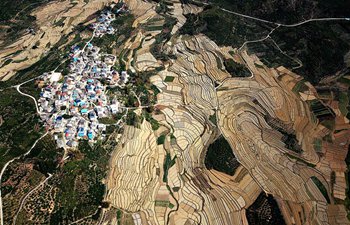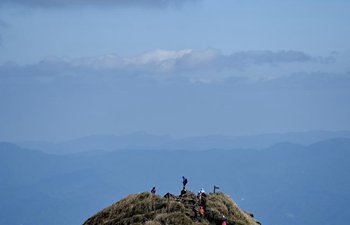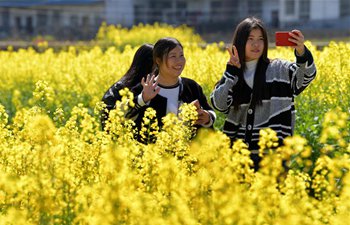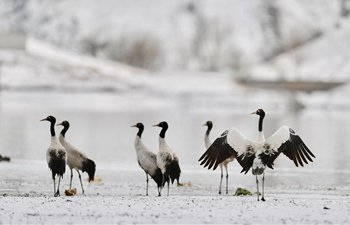 ?
?Passengers are seen at the ticket-punching entrance of the Changchun Railway Station in Changchun, capital of northeast China's Jilin Province, Feb. 11, 2018. China's 40-day Spring Festival travel rush, which concluded on March 12, witnessed 2.97 billion passenger trips, according to official data. The traffic is basically the same as that of last year, according to the Ministry of Transport. (Xinhua/Zhang Nan)
BEIJING, March 13 (Xinhua) -- China's 40-day Spring Festival travel rush, which concluded Monday this year, witnessed 2.97 billion passenger trips, according to official data.
The traffic is basically the same as that of last year, according to the Ministry of Transport.
The annual travel rush around the festival, when people travel to celebrate the Chinese Lunar New Year with their families, puts the transport system to the test.
To cope with the surging traffic, China's railway, road and air network put more vehicles into service.
During the period, 287 pairs of extra trains were added to the railway network every day, and a total of over 5,000 extra flights were arranged to carry passengers, according to the Ministry of Transport.
According to third-party surveys, 74.8 percent of travelers were either satisfied with or saw improvement in the transport work this year, up 3.8 percentage points from last year.
China's rapidly-expanding high-speed rail network played a bigger role in meeting the travel demand.
About 210 million trips, or 57 percent of all railway trips during the 40 days, were made on bullet trains, up 4.4 percentage points from last year's travel rush.
During the past 40 days, 88.5 pairs of additional bullet trains were scheduled to operate each night on average, according to the ministry.





